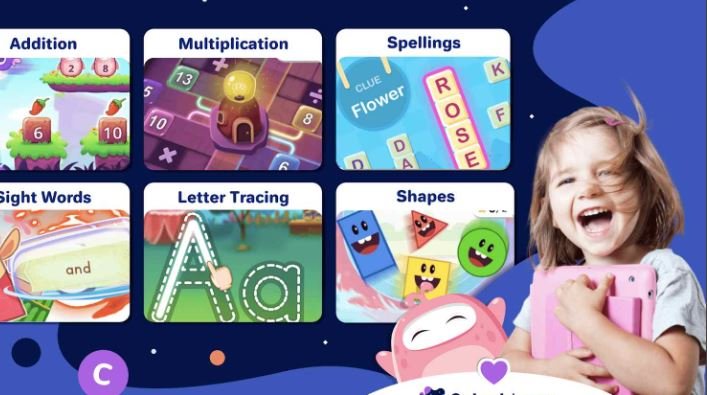Apps designed for learning about insects and plants offer interactive and educational experiences to explore the fascinating world of nature. These tools foster curiosity, environmental awareness, and appreciation for biodiversity.

Importance of Nature Education for Children
Nature education helps children understand the importance of ecosystems, biodiversity, and environmental conservation. It promotes outdoor exploration, scientific inquiry, and appreciation for the natural world.
Benefits of Using Apps for Nature Learning
Apps for nature learning offer a range of benefits including identification guides, habitat simulations, gardening tips, wildlife photography, and conservation projects. They encourage children to explore and learn about insects, plants, and their ecological roles.
Types of Nature Learning Apps Available
From insect identification and plant life cycles to gardening tutorials and wildlife observation, there is a variety of apps tailored to different age groups and interests in nature exploration. These apps support hands-on learning and environmental stewardship.
Features to Look for in Nature Learning Apps
When selecting nature learning apps for kids, consider features such as interactive field guides, species databases, virtual gardening tools, nature journaling, and environmental challenges. These features enhance learning engagement and promote outdoor exploration.
Interactive and Engaging Learning Experiences
Interactive elements such as virtual habitats, wildlife quizzes, nature photography challenges, garden planning tools, and conservation missions make nature learning apps captivating and enriching for children. These experiences inspire curiosity and environmental empathy.
Educational Value of Nature Learning Apps
Many nature learning apps include educational content on insect behaviors, plant adaptations, ecosystem interactions, gardening techniques, and environmental sustainability. They provide opportunities for children to learn about nature in a digital and interactive format.
Parental Involvement and Support
Parental involvement is beneficial in guiding children’s use of nature learning apps, encouraging outdoor exploration, and discussing environmental topics. Parents can explore nature together, participate in conservation activities, and promote ecological awareness.
Integrating Nature Education into Daily Routine
Nature learning apps complement school curriculum by offering additional opportunities for outdoor activities, nature walks, garden projects, and wildlife observation. They support children in developing a connection to nature and understanding ecological concepts.
Encouraging Environmental Stewardship and Conservation
While using nature learning apps, encourage children to learn about wildlife habitats, practice sustainable gardening, reduce environmental impact, and support conservation efforts. Foster appreciation for biodiversity and inspire actions to protect natural resources.
Impact of Nature Learning Apps on Environmental Awareness
Engaging with nature learning apps can enhance children’s environmental awareness, ecological knowledge, and commitment to conservation. These apps empower young learners to become advocates for sustainability and biodiversity preservation.
Collaborative Efforts with Educators and Environmentalists
Educators and environmentalists can recommend nature learning apps to students, integrate outdoor education into school activities, and support environmental conservation initiatives. Collaborative efforts promote nature literacy and inspire future environmental leaders.
Challenges and Solutions in App Usage
Overcoming challenges such as digital nature authenticity, outdoor engagement balance, and app accessibility ensures that nature learning apps benefit all children. Solutions include content accuracy verification, user feedback integration, and balanced screen time management.
Future Trends in Nature Education Technology
Future trends in nature education technology may include augmented reality field guides, citizen science projects, virtual wildlife sanctuaries, and global collaborations for biodiversity research and conservation.
Conclusion: Exploring Nature Through Educational Apps
In conclusion, apps for learning about insects and plants are valuable tools for promoting nature exploration, environmental awareness, and appreciation for biodiversity. By integrating these apps into children’s learning experiences, we nurture their love for nature and inspire conservation efforts.
Takeaway
Explore the world of nature learning apps to help your child discover and appreciate insects, plants, and ecosystems. Encourage them to explore, learn, and protect the natural world through interactive and educational tools designed to inspire environmental stewardship.

